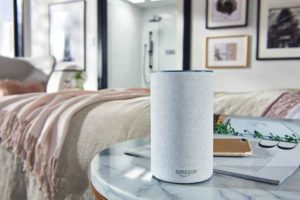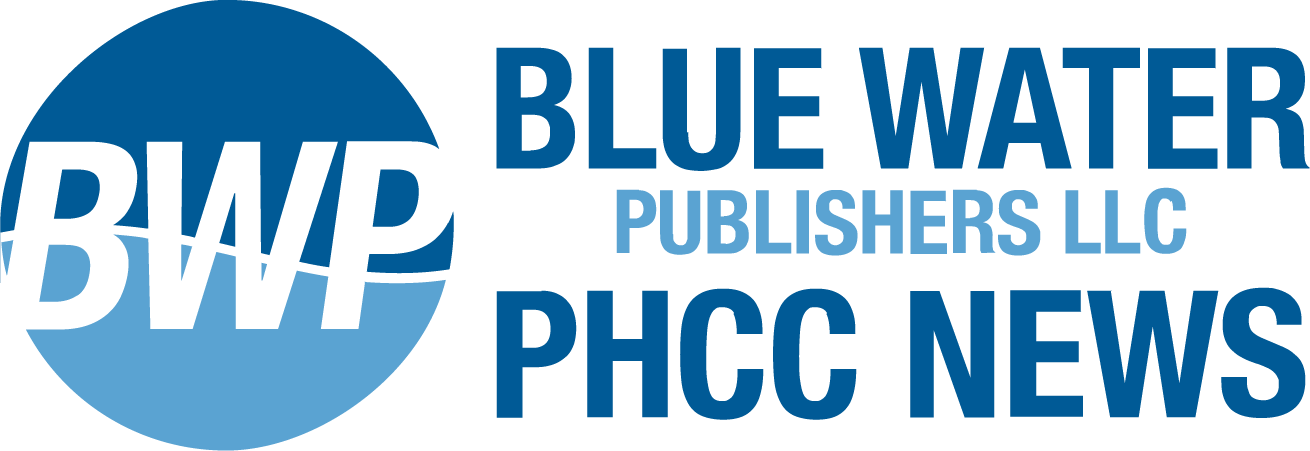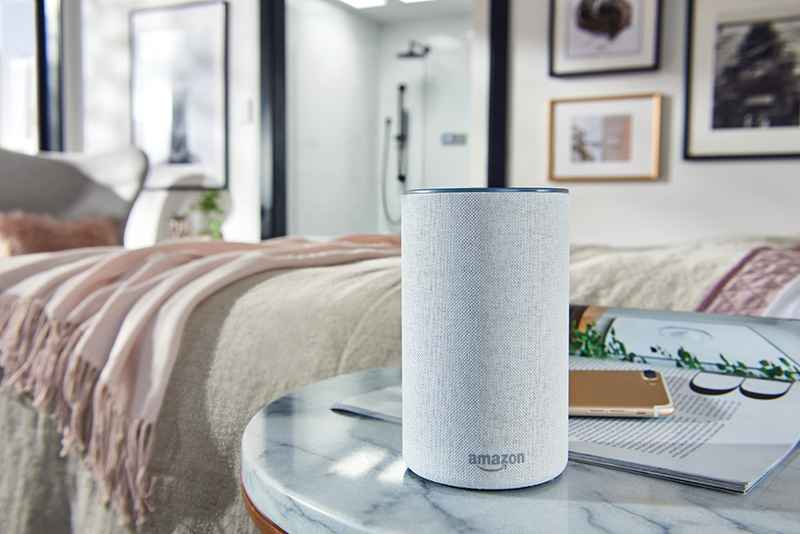
More than three quarter of home professionals are regularly receiving requests for smart home installation or service. They expect this demand to increase in 2018, according to a survey conducted by HomeAdvisor and CEDIA, released late last year.
“Having a smart, connected home is becoming more desired and accessible, driving demand for smart home professionals,” said Dave Pedigo, CEDIA VP of Emerging Technologies, who also was a speaker at CONNECT 2017.
In a detailed report, HomeAdvisor noted that the survey asked about the barriers keeping their companies from doing more smart home installations. “Three out of four pros cited lack of homeowner awareness as their chief barrier to expansion. While home tech pros can help bridge the awareness gap, the responsibility is also on manufacturers, who are well positioned to educate consumers on the benefits of the smart home. Some are already taking up the call. Honeywell, for example has partnered with HomeAdvisor to connect Honeywell Total Connect Comfort users with prescreened service professionals for HVAC, plumbing and other services.”
Other manufacturers have apps that allow customers to connect with their home thermostats through voice activated devices (digital assistants) such as Amazon Echo and Alexa, Google Home, Apple HomePod and Siri.
Pedigo urged contractors to get into the comfortable range because many of their customers are looking at technology and adapting to it at a very fast rate. “When you go on a job, expect that your customers will want technology in their home and you should be familiar with the products out there,” he said.
Connected Plumbing
Introduced this year at KBIS is the Kohler Konnect, a new platform that allows consumers to personalize their experience with Kohler products through app presets and automate everyday tasks in the kitchen and bath through voice control.
Capable of supporting multiple voice services, consumers can interact with Kohler Konnect by using voice-commands, hands-free motion control and personalized presets managed through a new Kohler Konnect application for iOS and Android devices. Consumers can operate the kitchen faucet, control features of an intelligent toilet, adjust the lighting embedded in a bathroom mirror, run an invigorating shower, and automatically fill a bath to a desired depth and temperature all by using simple voice-commands. Powered by Microsoft Azure cloud platform, Kohler Konnect enables consumers to set up tailored preferences, automate everyday tasks and stay abreast of water usage of paired products.
“Voice services and connected devices have become integrated into every facet of the home – with the notable exception of the bathroom, until now,” said David Kohler, president and CEO of Kohler Co. “We provide thoughtful design and technologies that offer convenience and functionality to enrich your personalized experiences, making them easier, more comfortable and more enjoyable. Whether you’re getting ready for work, helping your children through their evening bedtime routine or simply in need of some personal relaxation, Kohler Konnect is the next evolution of our leading-edge kitchen and bathroom innovations that help make these everyday moments better.”
Homeowners can use Konnect with the Verdera Voice Lighted mirror, Sensate kitchen faucet, DTV+ showering system, PerfectFill bath kit, Numi intelligent toilet, PureWarmth toilet seat and Touchless Response toilet.
Also offering mobile connectivity is the U by Moen Voice Activated Shower. Users ask Alexa to remotely start the shower by previously created personalized presets in the U by Moen app. The U by Moen includes a digital valve that offers precise, thermostatic temperature control and enables the user to connect up to four shower devices. The Wi-Fi-connected digital shower controller features a five-inch, non-touch, LCD screen that provides feedback on the shower status through on-screen messaging and notifications.
Even without an app, toilets are intelligent in different ways.
Intelligent features abound in TOTO’s Neorest NX 2 with an integrated personal cleansing system, with warm, aerated water, warm air dryer, heated seat, auto open and close, auto flush, in-bowl catalytic deodorizer and energy- and water-saving features.
The DXV SpaLet AT200 LS features odor control functions that enhance its two-nozzle water-spray system, air dryer, hands-free flushing, automated lid opening/closing and seat heating performance. The Air Shield deodorizer with a replaceable charcoal filter, and Room Refresh, which uses Plasmacluster ion technology to purify the air in the room after use.
Making a splash at IBS and CES this year was the Phyn Plus smart water assistant + shutoff for homes. A joint venture between Uponor and Belkin International, the Phyn Plus automatically measures tiny changes in water pressure, 240 times per second, to identify and alert homeowners the moment a leak is detected, mitigate costly damage through automatic shut off, and diagnose potential problems in plumbing systems before they become an issue. After Phyn Plus is installed by an Uponor trained plumber, the device immediately begins to learn about the home’s water system and continues to get smarter over time. When it notices abnormal water usage, Phyn’s mobile app alerts homeowners in real-time and, in the event of a major leak, like a pipe burst, can turn off water automatically with its built-in shutoff valve.
“Uponor has always been a strong supporter of the trades,” says Bill Gray, president, Uponor North America. “Now, with the help of this new venture into smart home technology, plumbers can position themselves as market leaders and build their businesses, while helping to advance the plumbing industry into the digital age.”
Another smart water monitor introduced at the CES from Reliance Worldwide Corporation was the Streamlabs Smart Home Water Monitor. It’s a non-invasive wireless device that offers early leak defense and water monitoring capabilities through its mobile app, compatible with both iOS and Android devices.
CEDIA forecasts that the market for smart home installer, which hit about $20 billion in 2016, could triple in the next 10 years.

